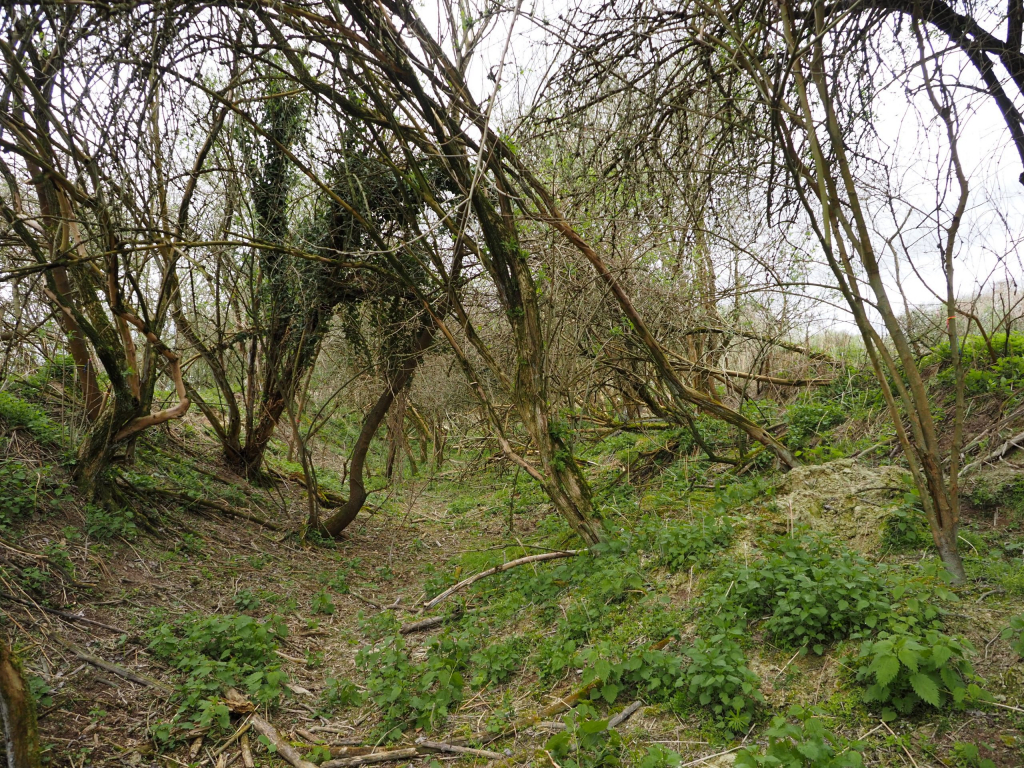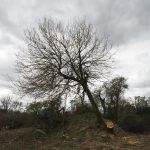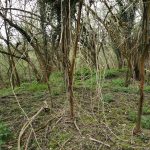Mulberries are ecologically important, sustainable trees. In addition to growing leaves to feed silkworms and livestock, mulberries can be used for many other purposes. Due to their phytoremediation potential, mulberry trees are suitable for planting in polluted areas, around highways and factories and for landscaping in urban areas.
Members of the ARACNE team from the University of Maribor participated in recreating the landscape in the Ormoz basins, that are managed by DOPPS-BirdLife Slovenia. These basins spanning 69.59 hectares in the vicinity of the Drava River and Lake Ormoz were once pivotal to the sugar factory’s operation by serving as settling ponds for wastewater containing lime (calcium carbonate) and other solids. Now these basins stand as a testament for environmental restoration. The basins underwent rehabilitation with EU funds, enhancing the area’s ecological conditions to support a variety of rare plant and animal species, especially birds. Infrastructure for visitors was developed, and in 2017, the Ormož Basins were officially designated as a nature reserve.
Intriguingly, within the lime basin characterised by the carbonate-rich sediment, a significant number of young mulberry trees have been growing, alongside various pioneer species such as elderflower, Sambucus nigra, and to a lesser extent, willow, Salix and poplar, Populus. More then 200 young mulberry trees have been observed in the basin characterized by the carbonate-rich sediment. This occurence of mulberry trees, previously not found in the area, is a fascinating instance of naturalization likely facilitated by birds from the surrounding villages where old mulberry trees exist as remnants of former sericultural activities. The naturalisation of white mulberry in the Ormož Basins reflects the species’ adaptability and preference for carbonate-rich soils, highlighting its resilience to both drought conditions and transient wetlands.
As part of the rehabilitation procedure of the lime basins, these mulberries will be transplanted for agroforestry purposes and to serve as fodder for water buffalo (Bubalus bubalis), which manage vegetation in the nature reserve. Water buffalos are especially adapted to the aquatic environment and are thus indispensable assistants to the Ormož Basins, which are an important nesting place of water birds and a key stop for migratory birds in Slovenia.






